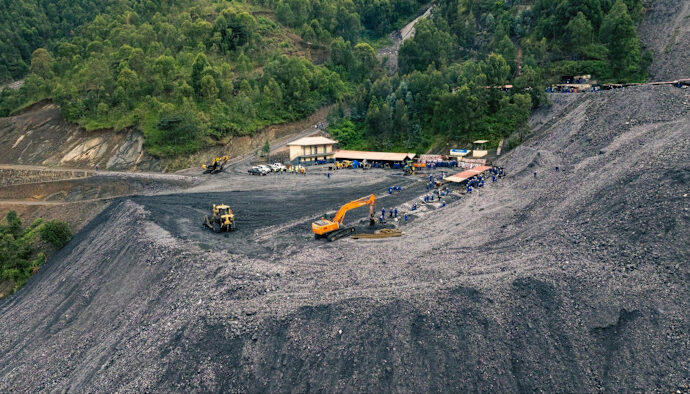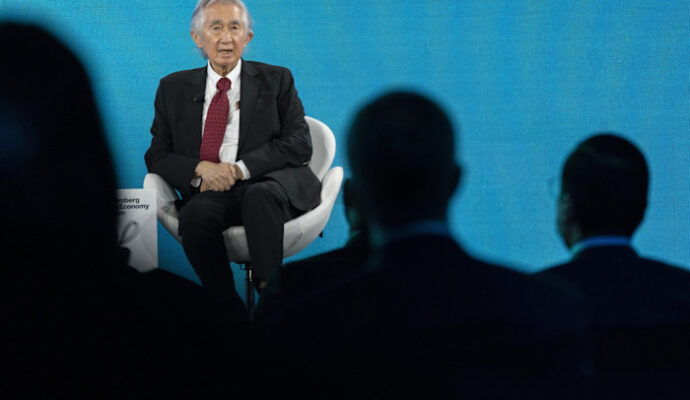Unlock the White House Watch newsletter for free
Your guide to what Trump’s second term means for Washington, business and the world
Pakistan and Taliban-ruled Afghanistan signed an agreement in Doha on Sunday to halt the most serious escalation in hostilities between the neighbouring countries in years.
The defence and intelligence heads of both countries met over the weekend for talks brokered by Qatar and Turkey over ending week-long clashes.
The attacks included cross-border raids and Pakistani air strikes, which struck Afghanistan’s capital of Kabul and the Taliban’s seat of power in the southwestern city of Kandahar. The United Nations mission in Afghanistan has recorded at least 37 civilian deaths in the country as a result of the fighting.
“It has been decided that neither country will undertake any hostile actions against the other, nor will they support groups carrying out attacks against the Government of Pakistan,” Zabihullah Mujahid, the Taliban government spokesperson, wrote on X on Sunday. “Both sides will refrain from targeting each other’s security forces, civilians, or critical infrastructure.”
In a post on X, Pakistan’s defence minister Khawaja Asif confirmed the ceasefire, adding that delegations from Afghanistan and Pakistan will meet in Istanbul later this month for further talks.
Qatar’s foreign ministry said in a statement that “the two sides agreed to an immediate ceasefire and the establishment of mechanisms to consolidate lasting peace and stability between the two countries”.
Relations between the former allies have deteriorated in recent months. Islamabad accuses the Afghan Taliban of failing to rein in the Tehrik-e-Taliban Pakistan, known as TTP, and Baloch separatist groups operating from its soil. Pakistan had backed the Afghan Taliban during the group’s 20-year war against Nato forces. Kabul denies providing safe haven to any groups targeting other countries, including Pakistan.
This year, more than 900 Pakistani security forces have been killed by insurgents operating near the border with Afghanistan, the highest toll since 2009, according to the South Asia Terrorism Portal, a database compiled by the New Delhi-based Institute for Conflict Management.
The escalation in fighting was sparked by an alleged Pakistani air strike on Kabul on October 9, which took place when the Taliban’s foreign minister Amir Khan Mutaqi was on a high-profile visit to India. Pakistan has not claimed the strike.
Dozens of people, including civilians, have been killed in the days since the Afghan Taliban launched a “retaliatory operation” on the night of October 11.
Pakistan’s foreign ministry on Friday claimed Islamabad “exercised extreme caution in our defensive responses to avoid loss of civilian lives”.
Islamabad claims that the Afghan Taliban knowingly allows its soil to be used by militant groups they call “Indian proxies”, an allegation denied by both Kabul and New Delhi.
The skirmishes took place as the Afghan Taliban and India, which is Pakistan’s arch-rival, were deepening relations, with New Delhi this month announcing the reopening of its embassy in Afghanistan.
Pakistan’s military has not publicly confirmed or denied its role in the October 9 strike, but officials have taken responsibility for separate strikes this week on alleged militant hide-outs near the border, in Kabul and a military outpost in Kandahar, the city where the Islamic Emirate’s supreme leader resides.
Additional reporting by Andres Schipani in New Delhi


